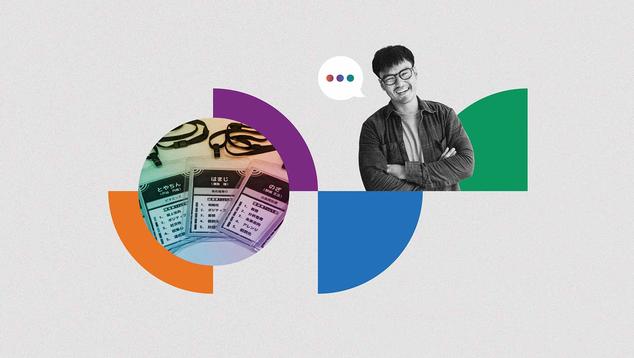The Strengths Engineering series explores how global organizations use and succeed with Gallup CliftonStrengths. Learn how Yoho Brewing in Nagano, Japan, uses strengths for team building, communication and employee training. Donata, name tags that display employee strengths, are key tools for fostering positive peer relationships.
The Organization
Founded in 1996, Yoho Brewing is one of Japan’s most renowned craft beer breweries.
Challenge and Solution
Yoho Brewing wanted to minimize hierarchy within the organization. To do this, performance evaluations are no longer based on seniority, and every employee is encouraged to freely express opinions. In short, team members know each other as people, not titles.
Every Yoho Brewing employee receives a copy of Now, Let’s Awaken Your Talents (Japanese print of Now, Discover Your Strengths). At the start of Yoho Brewing’s strengths journey, there were only 20 staff members. Even as the staff has grown tenfold, each employee still gets the book.
Employees take the CliftonStrengths assessment by using the code in the back of their books. They receive detailed explanations of their top strengths.
Each employee’s strengths are added to a public database and displayed on a name tag -- called donata, meaning “who” -- that doubles as a communication tool. These donata help employees quickly understand each other’s strengths, communication styles and how they use their strengths in their roles.
Interns and new hires also take the strengths assessment and learn how their specific strengths can best contribute to the company. From their first day, they’re trusted to solve company problems using their strengths. This empowerment has led to successes such as renewing the recruitment process and even creating a motivating company song.
Strengths have supported Yoho Brewing’s impressive growth from 20 to more than 200 employees. Displaying strengths on donata has effectively united Yoho Brewing’s workers behind a common mission with a shared language.

“Knowing your own strengths not only helps you understand yourself better, but I also think it's very effective in understanding other people and getting them to understand you, especially when working together in a team.”
Taking Strengths Further
Yoho Brewing also uses strengths in experiential learning and employee training. New employees with different strengths are placed on teams and asked to solve company problems by combining their top qualities. Regular strengths-based feedback ensures employees find their place in the organization.
- New employees receive examples of behaviors aligned with their strengths in regular development meetings.
- Peer feedback focuses on strengths and emphasizes peer-to-peer understanding.
- Strengths champions in leadership encourage and ensure the use of strengths inside and outside Yoho Brewing. For example, Takuya Ogawa, in Information Systems at Yoho Brewing, travels to other company units to give CliftonStrengths courses and works as an assistant strengths coach in his spare time.

“We often bring together staff from various units to launch projects and work on product development. In such cases, there may be project members that you don't normally talk to. At the kickoff stage, we introduce ourselves based on our strengths to help us get to know each other. If we share our quirks in thinking and things that irritate us, members can safely exchange opinions and improve the project.”
How It Started
Naoyuki Ide, Yoho Brewing president and CEO, attended Rakuten University, where he first encountered CliftonStrengths. His positive experience led him to implement strengths internally, starting in 2009.
The Results
Ogawa says, “My previous job was at a good company, but there were times when I wondered why people got angry there. Now, the points that make people angry, the points that they dislike, and the points that make them happy are verbalized in Now, Let’s Awaken Your Talents. I feel very secure in terms of communication.”
Takahata adds, “You may find yourself wondering, ‘Why does this person act like this?’ or ‘Why do they say things at this timing?’ In such cases, checking the details of that person's strengths will help. You can realize, ‘Oh, I thought this was normal, but it's different for that person.’ This reduces frustration and confusion, and it becomes easier to move toward mutual understanding.”
Reflecting on his own leadership approach, Takahata elaborates: “In my position as a director, I have the opportunity to meet with each employee at the beginning of the fiscal year to set goals. I try to coordinate our work and align our perspectives while considering each person's qualities such as ‘I'm good at dealing with people.’ My previous job was at a company that supported human resource development and organizational development, so I used self-awareness tools like CliftonStrengths in training. However, I don't think there was any other company that used them as thoroughly as our company. Since these initiatives have permeated the entire company, I feel that it has led to a sense of unity.”
Employees across Yoho Brewing say using strengths improves communication and facilitates team building.
Use CliftonStrengths to accelerate what matters most at your organization.
Adapted from Nikkei BOOKPLUS, which first reported this story on Yoho Brewing in March 2024.





